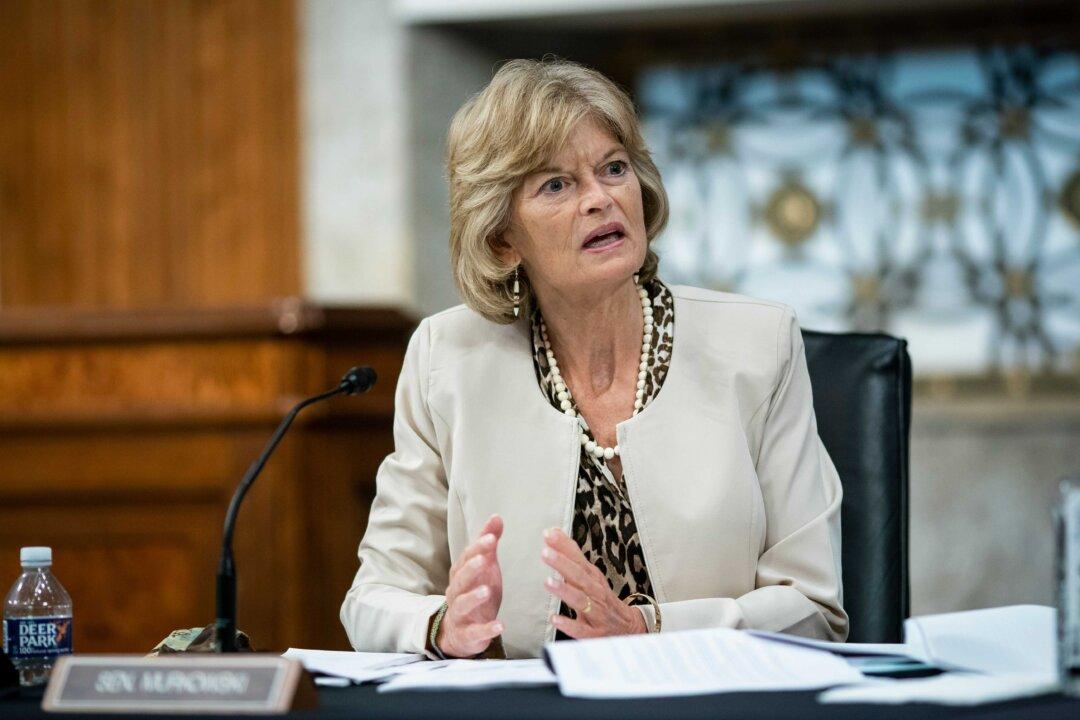Two Republican senators have voiced their opposition to holding a confirmation vote on any nominee to the Supreme Court before Election Day as President Donald Trump and key Republicans signaled they are moving ahead without delay.
Sens. Susan Collins (R-Maine) and Lisa Murkowski (R-Alaska) over the weekend said the Senate shouldn’t hold a vote on a nominee until after Nov. 3. Neither indicated if their opposition to a vote would translate into a vote against a nominee, in the likely case that Trump moves forward with the nomination and Senate Majority Leader Mitch McConnell (R-Ky.) follows through on his vow to swiftly bring a confirmation vote to the floor.





